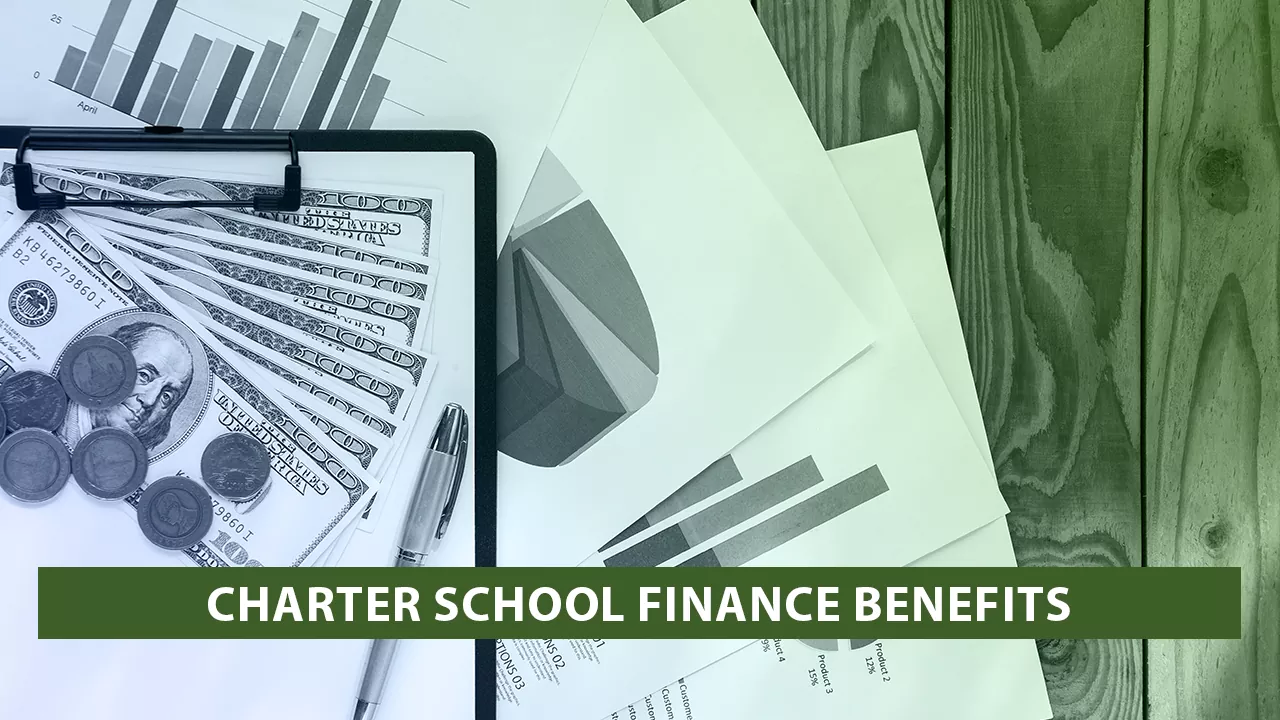Charter school finance has many benefits to individuals. All these benefits provide significant savings and efficiency for users in the end.
The benefits of charter school finance include:
- Customized Education: Charter schools offer a customized education. They have curricula designed for students’ learning style, learning pace and learning needs. This can contribute to students’ learning skills and academic success.
- Smaller Classes: Classes are usually smaller at charter schools. This can provide students with more teacher attention and learning opportunities if we increase attention for Charter School Finance.
- Flexibility: Charter schools usually have more flexibility. For example, charter schools may offer different teaching hours instead of the classroom hours found in traditional schools.
- Parent Involvement: Charter schools allow parents to take a greater role in their child’s education. Charter schools can collaborate more closely with students’ families.
- Innovative Approach: Charter schools may have a different approach than traditional schools. For example, some charter schools may adopt a technology-based learning model.
- Better Academic Performance: Some research shows that charter schools perform better academically compared to traditional schools.
- Financial Backing: Charter schools receive the same amount of public funding as traditional schools in some states. In addition, some foundations and private organizations may provide financial support to charter schools. This can help charter schools increase their resources and offer a better education to their students.

Charter school finance teaches students the fundamentals of financial matters while also giving them the skills necessary to succeed in their careers. Here are some of the benefits of charter school financing:
- Financial Literacy: Teach charter school finance students the basics of budget management, investment strategies, risk management, and personal finance. In this way, students can make more informed financial decisions by increasing their financial literacy.
- Prepare for Business: Charter school finance gives students the financial skills necessary to succeed in business. Students can excel in the business world by specializing in financial analysis, budget planning, investment management and risk management.
- Career Opportunities: Charter school finance also offers students career opportunities in the financial sector. Students can choose from a variety of career options including banking, investment management, risk management, accounting and consulting.
- High Earnings: Jobs in the financial sector often come with high wages. Students who complete charter school finance can earn high by taking advantage of job opportunities in this field.
- Networking: Charter school finance also offers students the opportunity to meet professionals in the financial industry. In this way, students can access job opportunities by expanding their networks.
- Personal Financial Success: Charter school finance also contributes to students’ personal financial success. In addition to having a good grasp of financial matters, students can also better manage their own finances.
Also: What Is A Charter School Finance? Everything You Need To Know
What Are the Long and Short Term Benefits of Charter School Financing?
The long- and short-term benefits of charter school finance can include:

Short Term Benefits:
- Access to better resources: Because charter schools often have higher education resources, students have access to better educational materials and technological resources. We can make it possible for all schools by providing better Charter School Finance.
- Smaller classes: Because charter schools have smaller classes, students can receive more individual attention and guidance.
- Higher education standards: Because charter schools have higher education standards than traditional public schools, students can get a better education.
- Freedom of choice for parents: Charter schools give parents more choice, ensuring students get the best education.
Long Term Benefits:
- Contribution to the workforce: Charter schools help students prepare for their future careers. This, in turn, supports economic growth by contributing to the country’s workforce. Charter School Finance has a big role for this point.
- Social impact: Charter schools help students develop their social skills as well as their academic success. This, in turn, creates a positive impact for a better society.
- Innovation: Charter schools have the opportunity to implement innovative teaching methods, as they are more flexible than traditional public schools. This, in turn, can improve the quality of education by introducing innovative ideas into the education system.
- Competitive advantage: Charter schools are constantly evolving to offer students a better education. This creates the advantage of providing a better education service by competing with other schools
For these reasons, charter school finance can provide access to better resources, smaller classrooms, higher education standards and parental freedom of choice in the short term, while providing workforce contribution, societal impact, innovation and competitive advantage in the long term.


